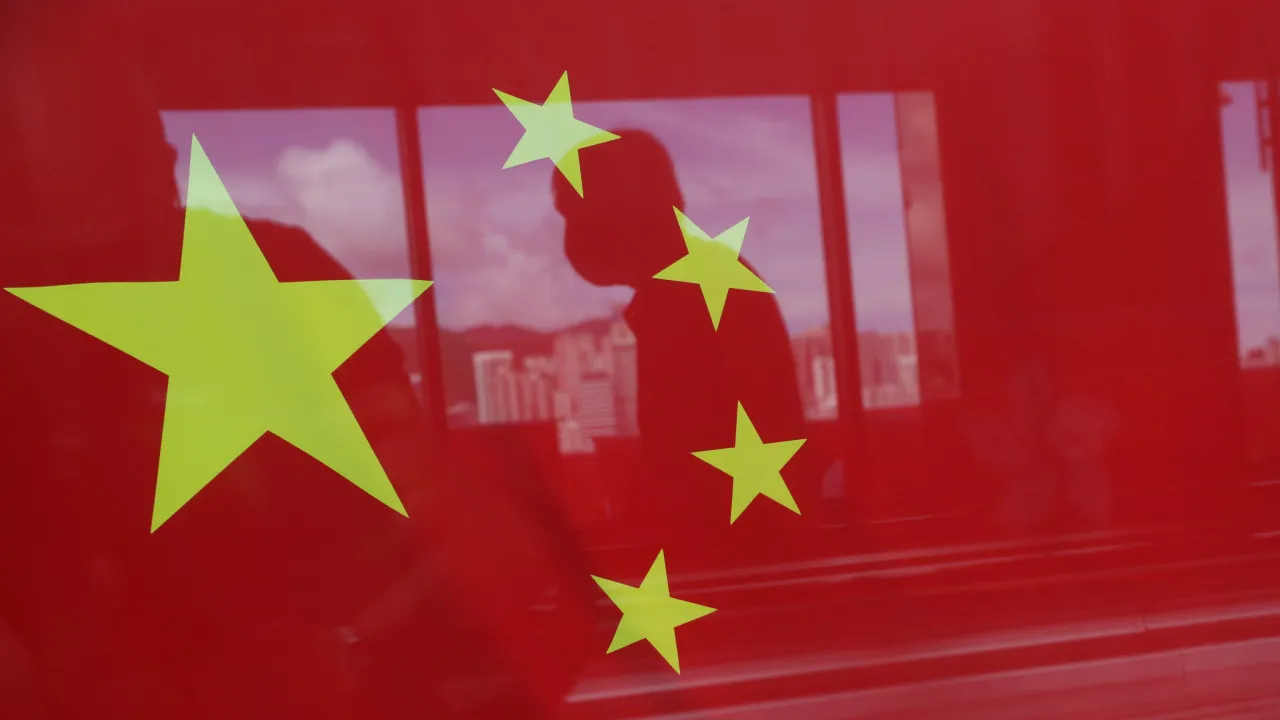
“Beijing’s zero-tariff policy is not just a commercial initiative; it’s a strategic maneuver to redefine its alliances with Africa, reduce U.S. influence, and establish China more deeply in the continent’s political and economic future,” state analysts from the African department of this British consultancy.
Commenting on Beijing’s decision to exempt all African exports to China from tariffs, except Eswatini for recognizing Taiwan, the analysts note that “the deeper implication is a gradual decline of U.S. influence in Africa, with Chinese leaders becoming more inclined to support China’s perspective on the global stage, thus reducing Western influence.”
Moreover, they point out, Western countries’ attempts to impose sanctions or implement trade regulations may lose effectiveness, as “African economies will be more integrated with Chinese supply chains and trade networks.”
Last week, during the China-Africa Cooperation Forum (FOCAC), China announced total tariff exemptions for taxable products from the 53 African countries with which it has diplomatic relations, along with new measures to facilitate African products’ access to its market.
Parallelly, Beijing reaffirmed its willingness to cooperate with Africa in sectors such as green industry, e-commerce, artificial intelligence, security, and governance, within the context of an economic relationship that has gained significance.
According to data from the General Administration of Customs, bilateral trade surpassed 2.1 trillion yuan (255.7 billion euros) in 2024, while in the first five months of 2025, it increased by 12.4% compared to the previous year, reaching 963.21 billion yuan (117.29 billion euros).
According to Oxford Economics, the Democratic Republic of the Congo and Angola were the largest African exporters to China in 2023, with the Lusophone country exporting nearly half (46.4%) of total sales to the Asian giant, with Mozambique also featuring prominently, with almost 20%.




